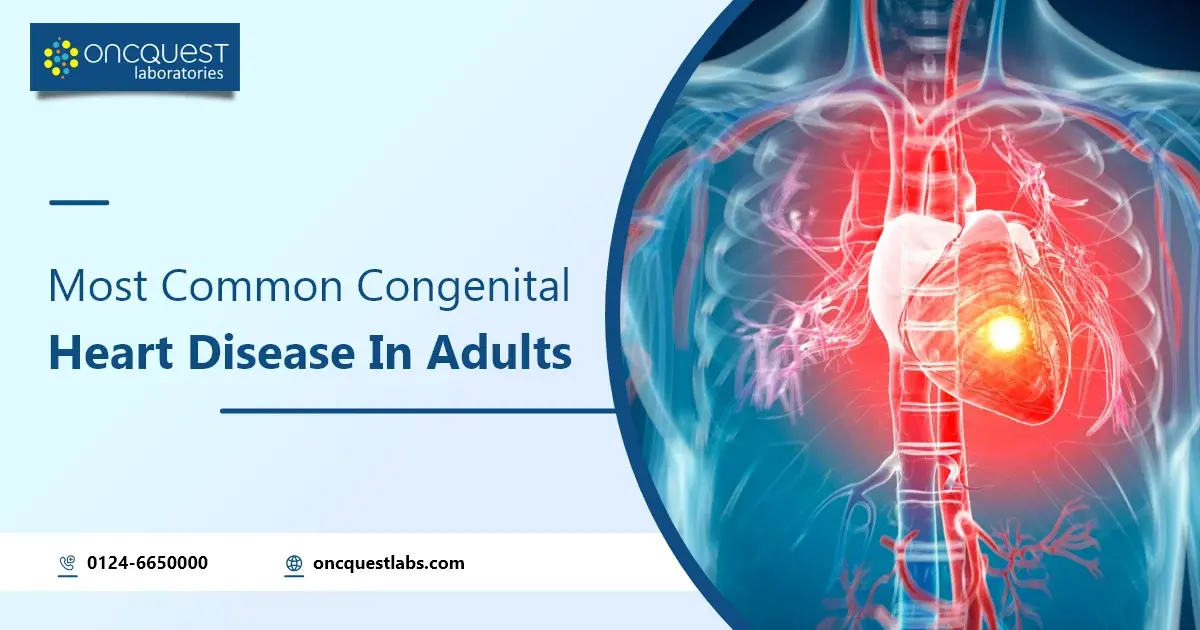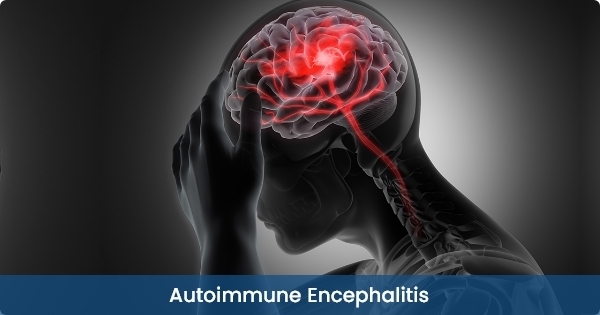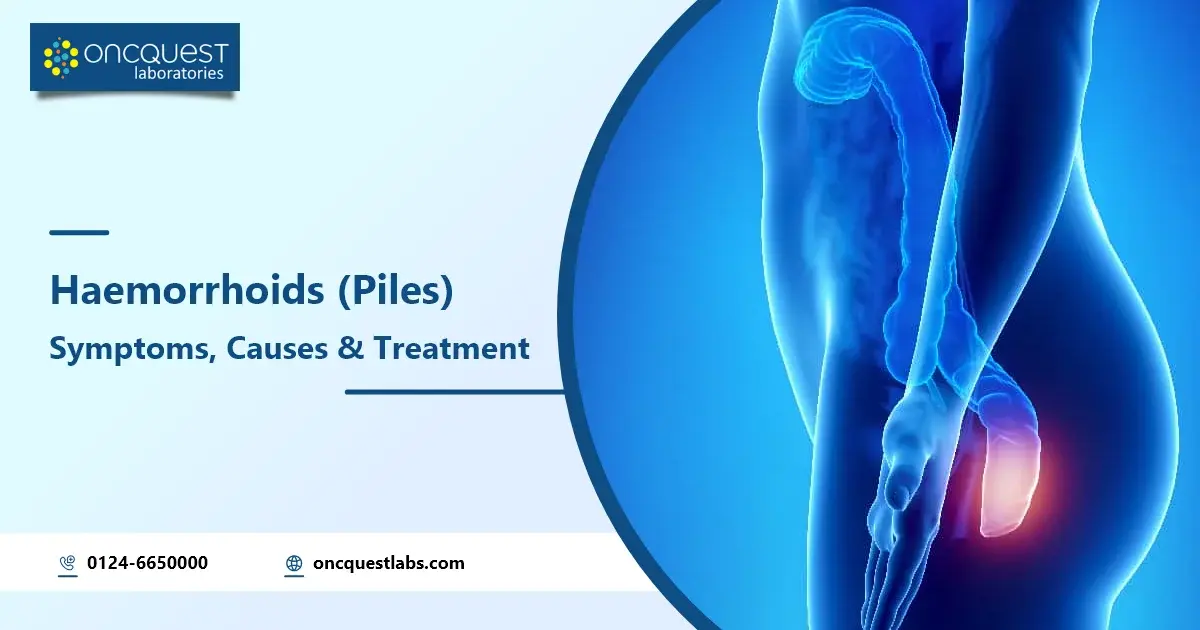Congenital heart diseases (CHDs) are typically associated with childhood,Most Common Congenital Heart Disease In Adults but did you know that some persist into adulthood, presenting unique challenges and considerations? Among the various congenital heart conditions, one stands out as the most prevalent in adults – Atrial Septal Defect (ASD).
ASD is a congenital anomaly characterized by an abnormal opening between the atria, the upper chambers of the heart. Despite being present from birth, ASD may not manifest symptoms until later in life, making it a significant concern for adults.
Contents
Understanding Atrial Septal Defect (ASD)
ASD occurs when the septum, the wall that separates the heart’s upper chambers, fails to close properly after birth. This opening allows oxygen-rich blood from the left atrium to mix with oxygen-poor blood in the right atrium, affecting overall oxygen levels in the body.
Common Signs and Symptoms
While some individuals with ASD may remain asymptomatic, others may experience:
- Fatigue
- Shortness of breath
- Heart palpitations
- Increased susceptibility to respiratory infections
Diagnosis and Treatment
Diagnosing ASD often involves a combination of physical exams, imaging tests like echocardiograms, and, in some cases, cardiac catheterization. Fortunately, advancements in medical technology have paved the way for minimally invasive treatments.
Closure of the defect is typically recommended to prevent complications such as pulmonary hypertension and heart failure. Procedures like transcatheter closure, involving the placement of a closure device through a catheter, have become common for treating ASD in adults.
Living with ASD
Many individuals with ASD lead normal, healthy lives after successful closure. However, regular follow-ups with healthcare providers are essential to monitor heart health and address any potential complications.
Conclusion
As we unravel the mysteries of congenital heart diseases, understanding the prevalence and implications of conditions like Atrial Septal Defect becomes crucial. With ongoing research and advancements in medical science, the journey of individuals living with congenital heart conditions continues to evolve.
It’s a reminder that, even in adulthood, the heart’s resilience and medical innovation play key roles in ensuring a fulfilling and healthy life for those with congenital heart diseases like ASD.





